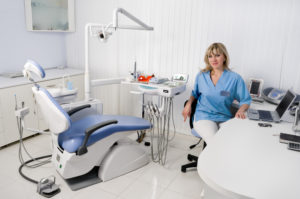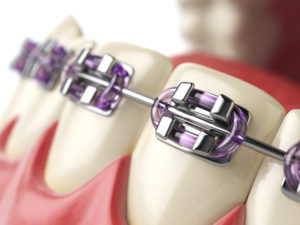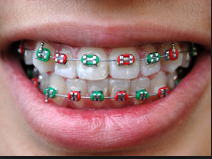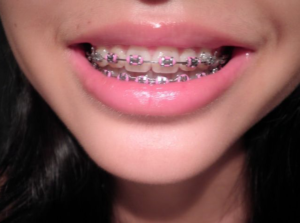What To Do – If You Have Issues with Your Braces/Retainers
What To Do – If You Have Issues with Your Braces/Retainers
We feel it is important for you to get in touch with someone in case of an dental emergency. When the office is open, please call our office and we will schedule an appointment to correct the problem. When the office is closed, please call and listen to the message that will instruct you on how to reach our Orthodontist or a staff member.
Find good info here @ https://cochranorthodontics.com/emergency-care/
Unless you are in pain, most orthodontic emergencies can wait until the office reopens. In the meantime, here are some tips to relieve any discomfort.
Sore spot. When you first get braces or an appliance, you may have a sore spot(s) develop. You can put wax on the bracket or wire that is rubbing your cheek until it heals. Your mouth will toughen up after a short while.
Sore teeth. Try the pain reliever that you typically use for a headache or similar discomfort. We generally recommend that you take an analgesic such as acetaminophen (Tylenol) or ibuprofen (Advil, Motrin). This is the protocol only if there are no known allergies to these medications. Rinsing with Peroxyl or a cup of warm water and teaspoon of salt can also be soothing. Soreness can be expected for 3-5 days after an adjustment.
Poking wire. If a wire is poking you, we would like to see you. Please call the office and we will schedule a time to fix the wire. It it is after hours, please call the office and follow the instructions for the emergency number. Someone will meet you at the office to fix the wire poke.
Main wire out of position. If the main wire has come out of the brace or tube on a back molar tooth, attempt to reinsert the wire into the bracket slot with a pair of tweezers. If the wire is not poking you, place a piece of wax over the area. If the wire is poking and wax does not help, please call our office to schedule an appointment to have this repaired. After hours, call the office to get the emergency person’s number so they can meet you at the office and correct the problem.
Broken bracket. If a brace comes loose from a tooth, it usually remains connected to the main wire and is not cause for an emergency visit. Tweezers can be used to reposition the brace if it flips around the wire and becomes a source of irritation. Keep the loose bracket and call our office to schedule a visit to repair the loose brace(s). If it is after hours, please call the office number and get the emergency number. Someone will meet you at the office to clip the wire if you have a wire poke. We will then schedule a repair appointment during regular hours to rebond the bracket.
Herbst appliance. If your appliance comes apart when opening your mouth too wide, slip the rods on the lower part of the Herbst into the tubes of the upper part of the Herbst and close normally. Should your appliance break, keep all pieces and call the office to schedule a repair appointment. If it is after hours, please call the office to get the emergency number.
Loose expander, MARA or Herbst. Please call the office to schedule a repair appointment. If it is after hours, please call the office and get the emergency number so someone can see you.
Trauma to face, teeth or jaws. Please call your family dentist immediately if you have an accident involving your face, teeth or jaws. After you see your dentist, he or she will evaluate, treat or refer you as needed for the best possible care. After you are treated, please call to advise us of your status so we can see you, if needed. If your dentist needs us to see you after they have evaluated and treated you, please call the office to get the emergency number. More information on this website
Read More »
